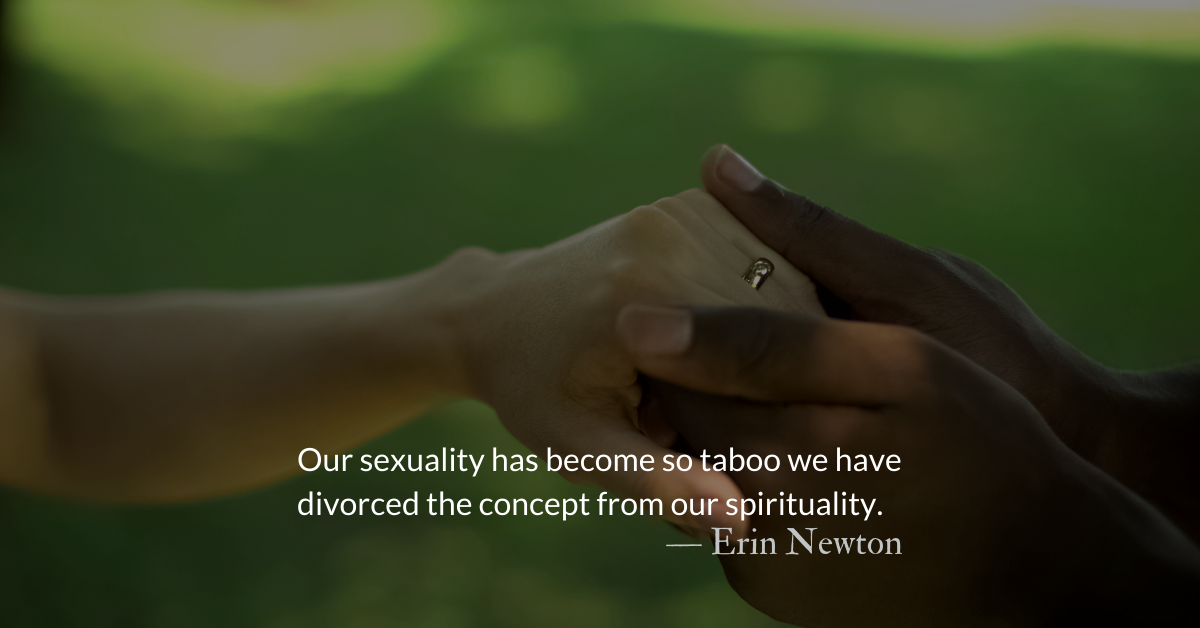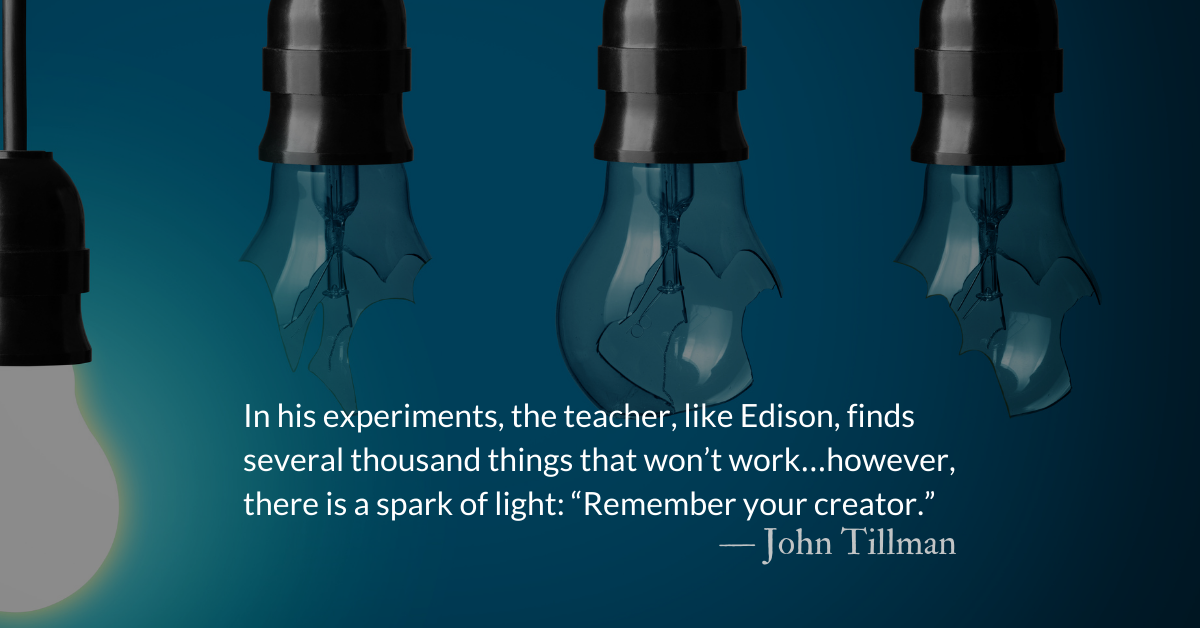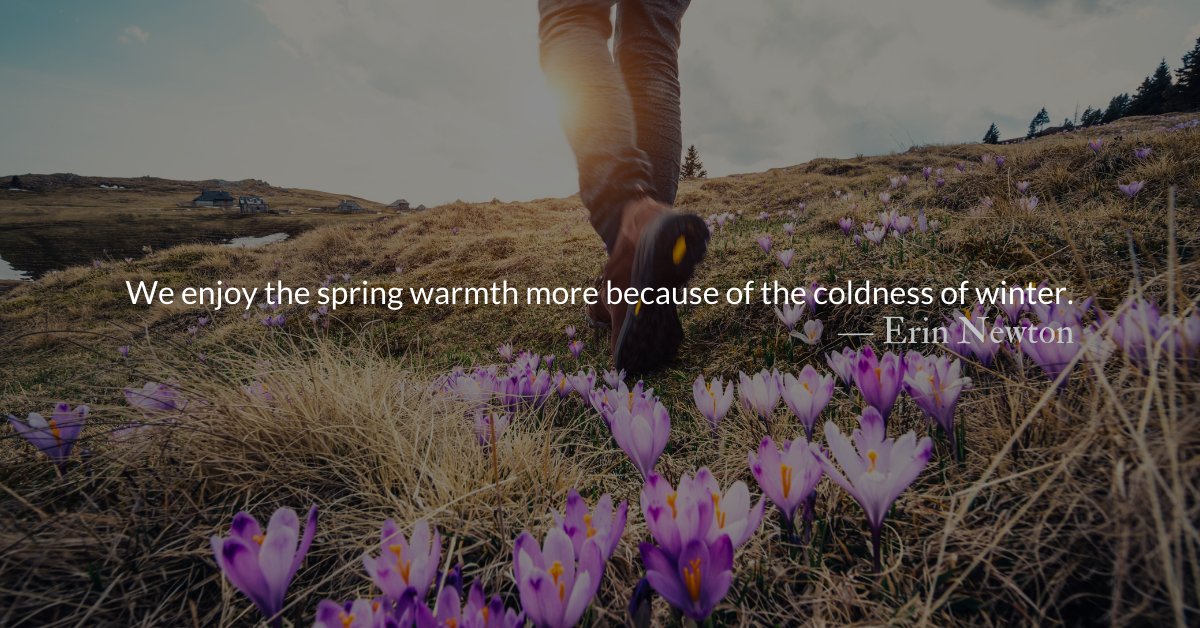Scripture Focus: Song of Songs 5.6-7
6 I opened for my beloved,
but my beloved had left; he was gone.
My heart sank at his departure.
I looked for him but did not find him.
I called him but he did not answer.
7 The watchmen found me
as they made their rounds in the city.
They beat me, they bruised me;
they took away my cloak,
those watchmen of the walls!
Reflection: Love is Not a Panacea
By John Tillman
After the consummation of their marriage, the beloved tells us of a frightening and disturbing dream.
Some interpreters feel this vision shows a cooling of the relationship after the marriage. The beloved hesitates to open to her lover for trivial reasons—not wanting to dirty her feet or retrieve her robe. In dreamlike fashion, once she does rouse herself to the door, he is gone. Then, searching for him in the streets she is harmed by the very watchmen who helped her search for her lover in a previous passage.
We should be careful analogizing the woman’s hesitation to mean indifference or sin on her part. These passages have been abused by some who interpret this as the woman refusing sexual relations with her husband and suffering the consequences. Women have often been harmed by misreadings of texts related to sexuality. Texts like this one are too often twisted to teach women that being sexually available anything less than one-hundred percent of the time will place blame for infidelity in their lap. This is poor reading of the text, to say the least. Why would we interpret sin on her part for being slow to rise and not sin on the man’s part for being absent in the first place?
The passage doesn’t seem intent on blaming one partner or the other, but it does seem to imply that even between the most loving of couples there can be problems and difficult times. The beloved’s dream shows us that she fears loss, indifference, and separation. She struggles against difficult obstacles and unexpected challenges. “The course of true love never did run smooth” (A Midsummer Night’s Dream I.i.:137)
This realistic note in the midst of what is, at times, a near-erotic love poem is striking. This grounds the more lofty passages and short circuits any thought that life and love will always reach the heights of pleasure previously depicted. It cautions those who would enter marriage or sexual love flippantly or in naivete.
Love, especially sexual love, is not a panacea. There is a reason marriage vows often include “for better, for worse, for richer, for poorer, in sickness or in health.” Stay married long enough and worse will come. Poorer will come. Sickness will come. What you do then is a truer consummation of your love than what occurs on the wedding night.
Divine Hours Prayer: The Refrain for the Morning Lessons
I will walk in the presence of the Lord in the land of the living. — Psalm 116.8
– From The Divine Hours: Prayers for Springtime by Phyllis Tickle.
Today’s Readings
Song of Songs 5 (Listen – 2:43)
Psalm 119:121-144 (Listen – 15:14)
Read more about You’re The Top
In an image-obsessed culture, how do we healthily praise each other…process body image issues…outrageous cultural expectations of beauty?
https://theparkforum.org/843-acres/youre-the-to
Read more about Hitting the Mark of Reconciliation
The gospel has the power to resurrect dead relationships just as it has the power to resurrect our souls and our physical bodies.











